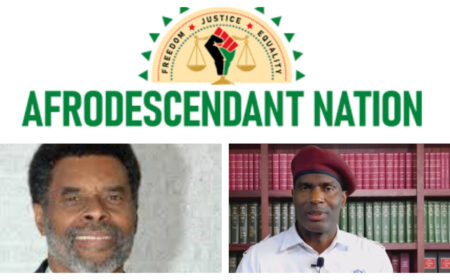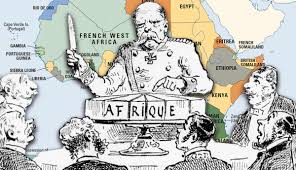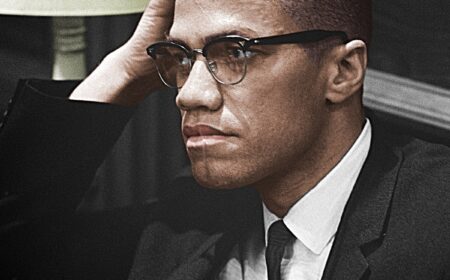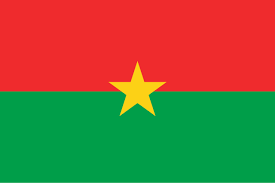
The recent wave of consciousness/’wokeness’ of the last half-decade has led many young and old people to Pan Africanism. The return to the continent and love for all things black has resurfaced an interest in African history and ideas of the past.
But who better to learn about the history and ideas of the African people than from the leaders of its past. The list below is by no means exhaustive but it is a good start for those looking to begin their deep dive into Pan-Africanism.

Neo-Colonialism, The Last Stage of Imperialism by Kwame Nkrumah
Kwame Nkrumah, Ghana’s first president, freedom fighter, and pioneer of Pan Africanism released this book in 1965. According to reports, it was so controversial that the US Department of State blocked $25 million in foreign aide to Ghana upon its release. The book was among the first to openly criticize Western governments, especially the United States, who had wanted to paint themselves as impartial at worst, and supportive of African countries at best at the end of colonialism. The book pointed out the exploitative nature of these countries’ relationship with Africa, especially in economic terms. “Something in the nature of an economic revolution is required. Our development has been held back for too long by the colonial-type economy. We need to reorganize entirely so that each country can specialize in producing the goods and crops for which it is best suited,” Nkrumah wrote.

Women’s Liberation and the African Freedom Struggle by Thomas Sankara
Few people know about Burkinabe’s first president, Thomas Sankara’s book about women and the African freedom struggle. This book is a transcription of a speech Sankara gave in 1987 at a women’s rally about the importance of gender equality on the continent. The book put him far ahead of his peers, making him one of the continent’s most progressive leaders. One of his most poignant quotes, “there is no true social revolution without the liberation of women”, continues to ring deeply in the hearts of many Africanists.

I Write What I Like by Steve Biko
Steve Biko, the revolutionary South African who was killed at the tender age of 31, wrote these pieces when he was president of the South African Student Organisation. One of the most celebrated leaders of the anti-apartheid movement, his writings stressed the importance of raising one’s consciousness and mindset as the way to true liberation. Father of the Black Consciousness Movement, his quote, “the greatest weapon in the hand of the oppressor is the mind of the oppressed,” has become defining for all Pan Africanists.

The Souls of Black Folk by W.E.B DuBois
Pioneering sociologist, Civil Rights activist and Pan-Africanist, W.E.B DuBois set the foundation for the intellectual study of race in this work he published in 1903. His book explored the issues of race, class, and society. Dubois coined the term ‘double consciousness’, and introduced other radical ideas such as the color line and the veil. He wrote, “One ever feels his twoness, — an American, a Negro; two souls, two thoughts, two unreconciled strivings; two warring ideals in one dark body, whose strength alone keeps it from being torn asunder.”

The Autobiography of Malcolm X As Told To Alex Haley
Writer Alex Halex wrote this book based on a series of in-depth interviews he conducted with Malcolm X between 1963 and his assassination in 1965. Coauthored by Malcolm X and following his journey from prison to an endeared Civil Rights activist, the book is acclaimed for introducing many people to black consciousness. “So early in my life, I had learned that if you want something, you had better make some noise,” Malcolm said.
READ MORE AT: https://face2faceafrica.com/article/top-5-thought-provoking-books-by-celebrated-pan-african-leaders/6





